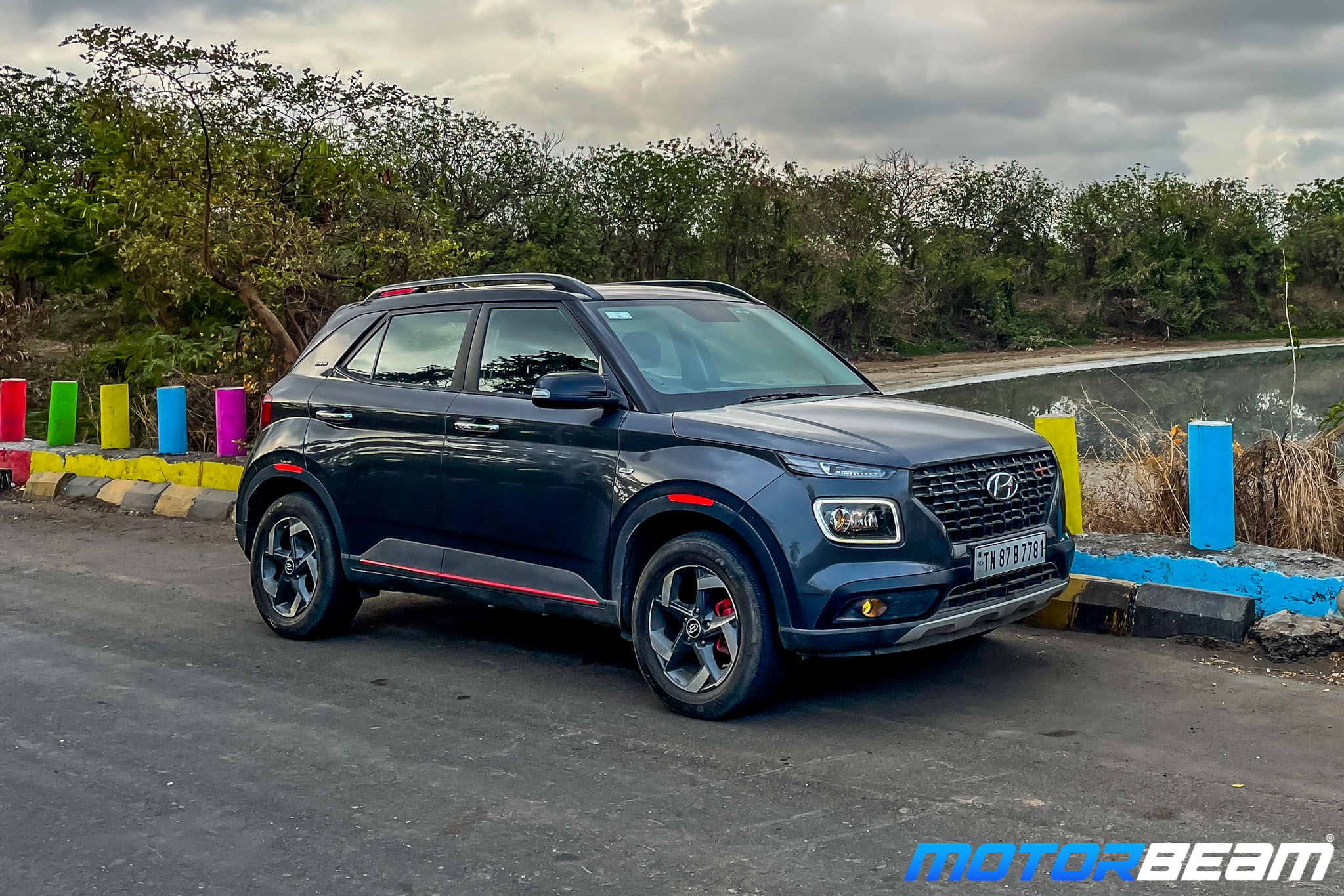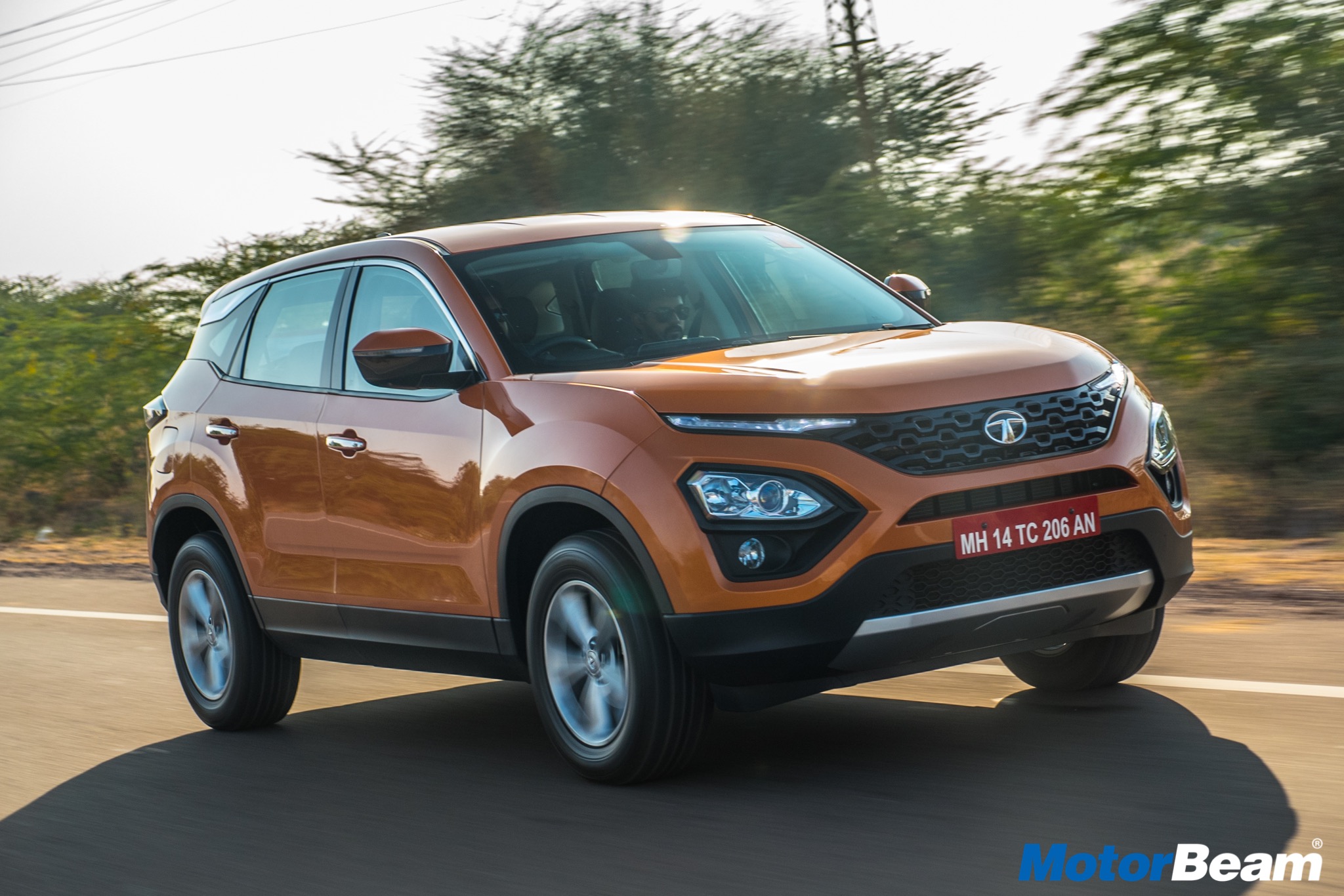
Tips to prepare your car for winters
While winters in India may not be as harsh as in some other parts of the world, the season does bring its own set of challenges for drivers. From foggy mornings to chilly evenings, it’s essential to get your car ready for the unique conditions that winter brings. Here are ten crucial tips to ensure your vehicle is prepared for the winter season on Indian roads.
- Inspect Your Battery: Indian winters may not be extremely cold but cooler temperatures can still affect your car’s battery. Check the battery for signs of corrosion, ensure tight connections and have it tested. A well-maintained battery is key to reliable starts in the colder months.
- Check Your Tyres: Cold temperatures can impact tyre pressure. Regularly check and maintain the recommended tyre pressure. Consider switching to all-season or winter tyres if you live in a region that experiences more severe winter conditions.
- Adjust Engine Oil: While extreme cold is not a significant concern in most parts of India, it’s still advisable to switch to a winter-grade engine oil. This ensures proper lubrication for your engine, especially during those chilly mornings.
- Top Off Fluids: Make sure all fluids including coolant, windshield washer fluid and engine oil are at the recommended levels. Indian winters may not be snowy but ensuring that your car’s engine remains at the right operating temperature is vital.
- Service Your Brakes: Winter conditions often mean slippery roads. Ensure your brakes are in top condition by having them inspected. Replace worn brake pads and address any braking issues promptly to ensure optimal performance.
- Inspect Wiper Blades and Fluid: Visibility can be a challenge during foggy winter mornings. Replace worn-out wiper blades and use a quality winter-grade windshield washer fluid to improve visibility. Ensure your defroster is working efficiently as well.
- Test Heater and Defroster: Even in relatively mild Indian winters, a working heater and defroster contribute to passenger comfort and safety. Test these systems to ensure they are functioning correctly.
- Prepare an Emergency Kit: While the focus is not on extreme cold survival, it’s wise to have an emergency kit in your car. Include essentials such as a blanket, flashlight, first aid kit and some non-perishable snacks. A charged mobile phone is also crucial.
- Inspect Lights and Signals: Days are shorter during winter and visibility is essential. Check that all your lights including headlights, brake lights and turn signals are working correctly. Replace any faulty bulbs and clean the lenses.
- Protect Your Exterior: Winter brings its own set of challenges for your car’s exterior such as fog, dew and the occasional rain. Regularly wash your car and consider applying a protective wax coating to shield it from environmental elements.




